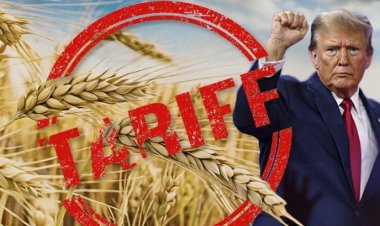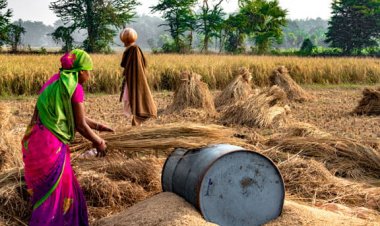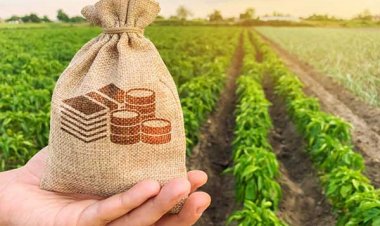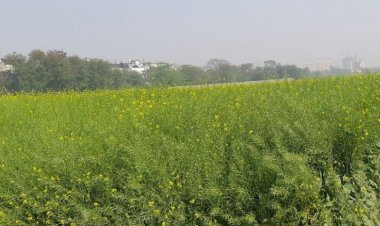Importers of pulses exempted from stock limits
On July 2, 2021, the government had decided to impose stock limits on pulses in order to rein in their prices. This had been done through an order issued under the ECA. But only 17 days later, the government has exempted the importers from any stock limits. This move of the government will no doubt facilitate imports but the farmers may have to bear the brunt of this decision as this may possibly lead to a fall in prices in the days to come.
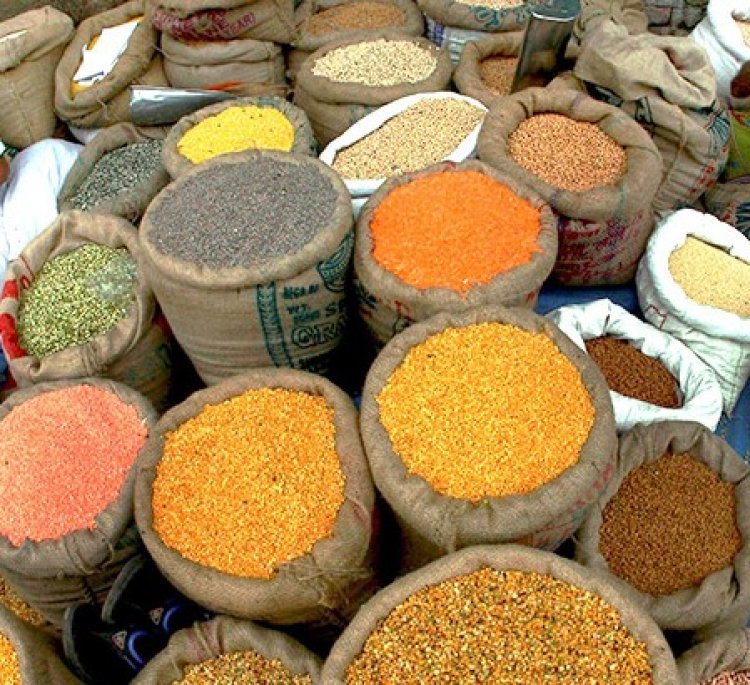
On July 2, 2021, the government had decided to impose stock limits on pulses in order to rein in their prices. This had been done through an order issued under the Essential Commodities Act (ECA). But only 17 days later, the government has exempted the importers from any stock limits. This move of the government will no doubt facilitate imports but the farmers may have to bear the brunt of this decision as this may possibly lead to a fall in prices in the days to come.
According to the notification issued by the government, the importers of pulses have been exempted from any stock limits. For wholesalers, the stock limit will be 500 metric tonnes (MT), the condition being that there should not be more than 200 MT of one variety; for retailers, the stock limit will continue to remain at 5 MT; and for millers, the stock limits will be the last six months’ production or 50 per cent of the annual installed capacity, whichever is higher.
The press release issued by the Ministry of Consumer Affairs, Food & Public Distribution on July 19 says, “This relaxation for millers will have a downstreaming effect in terms of giving an assurance to farmers at this critical juncture of Kharif sowing of Tur and Urad.” But the relaxation given to the importers may send a contrary message to the farmers. It is possible that since the area under cultivation for pulses is lagging behind that last year by about 10 lakh hectares, the government wants to facilitate imports at this juncture so that prices may be reined in when the need arises. As per the data for the crop-sown area released by the Ministry of Agriculture, the area under cultivation for pulses has gone down by 9.71 lakh hectares — it has reached only 70.64 lakh hectares so far compared to 80.36 lakh hectares last year. Among the pulses, urad and moong have witnessed the maximum reduction in their areas under cultivation.
The government claims that it is the effective steps it has taken that has led to a declining trend in the prices of pulses. And this step would only improve the situation of the farmers further. According to the press release, considering the softening of the prices and feedback received from the State Governments and various stakeholders, the Central Government has relaxed stock limits for the millers and the wholesalers and “exempted” the importers from the same. These entities shall, however, continue to declare stocks on the web portal of the Department of Consumer Affairs. The stock shall be applicable only on Tur, Masoor, Urad and Gram for a period up to 31 October, 2021.
The release draws attention to how the Government of India has been making continuous efforts to crack down on prices of essential commodities like pulses and had taken various measures like the stock declaration of pulses by the stockholders of different categories on May 14 and thereafter imposition of stock limits on pulses on July 2. With the active cooperation of States/UTs and all stakeholders involved in the pulses trade, in a short span of two months, there were 8343 registrations by entities and stocks worth more than 30.01 lakh MT has been declared on the portal, says the release. As a result of these steps, the wholesale prices of all the pulses (except Masur) have fallen by 3 to 4 per cent in the last two months and the retail prices by 2 to 4 per cent.
The press release further states that on July 17, the Union Minister for Consumer Affairs, Food and Public Distribution held a meeting, in which the Minister of State was also present, with various stakeholders’ associations, including importers, millers, wholesalers and retailers of pulses, to discuss issues connected with the imposition of stock limits on pulses. All the major associations assured their full cooperation towards the declaration of stocks on the portal and in ensuring that there was no hoarding and artificial scarcity.
In fact, the importers and pulse industry organizations had begun to create pressure on the government as soon as the government decided to impose the stock limits. There had been reports in the industry for the last several days that stock limits would be relaxed. The step taken by the government suggests that the industry has been successful in convincing the government. However, the government has not mentioned if there were any farmer representatives in the meeting. But the farmers happen to be the largest stakeholders and any move that encourages imports goes against them.



 Join the RuralVoice whatsapp group
Join the RuralVoice whatsapp group



















